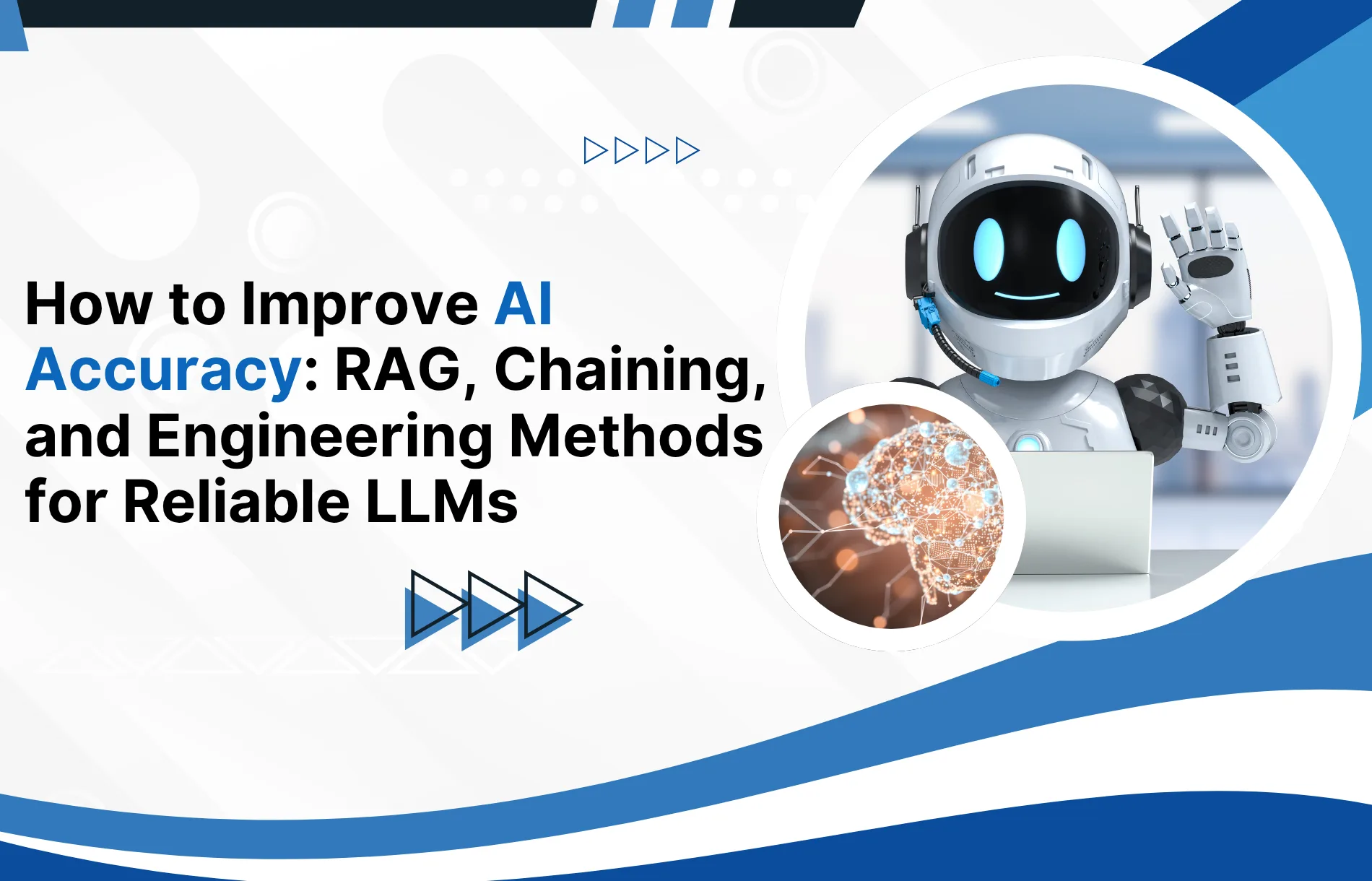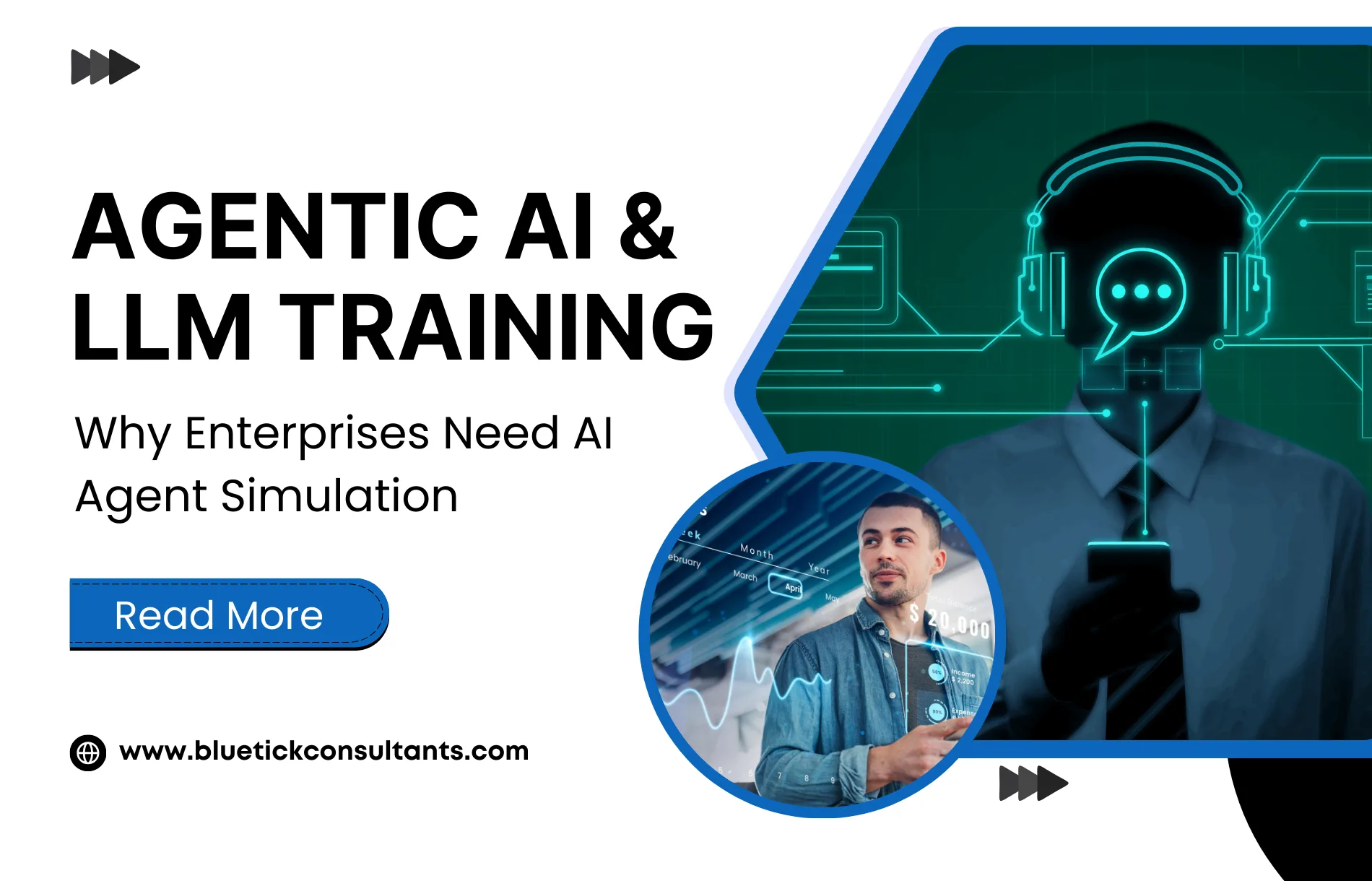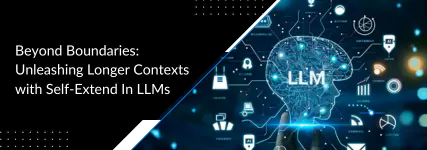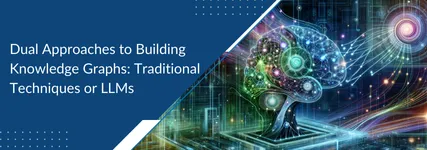How to Improve AI Accuracy: RAG, Chaining, and Engineering Methods for Reliable LLMs
Large Language Models (LLMs) are the driving force behind today’s intelligent systems from conversational agents to enterprise automation. Yet, even the most advanced AI models occasionally fail spectacularly. They generate confident yet incorrect responses, fabricate facts, or deliver inconsistent outputs. These failures undermine trust and limit their real-world adoption. This blog is a practical guide […]
Continue ReadingAgentic AI & LLM Training: Why Enterprises Need AI Agent Simulation
Enterprise leaders today are facing a paradox. While everyone agrees that AI agents will redefine business, most enterprise AI adoption journeys stall at the pilot stage. The fundamental problem? A lack of proper agentic AI training ground that prepares models for the chaotic, high-stakes reality of corporate operations. Moving from concept to reality requires successfully […]
Continue ReadingBuilding AI Agents with Memory Systems: Cognitive Architectures for LLMs
Introduction In recent years, the capabilities of large language models (LLMs) have rapidly expanded, allowing them to perform complex tasks such as content generation, question answering, and even code generation. However, despite their impressive abilities, LLMs are largely considered stateless—meaning that each call to a model starts fresh without any memory of past interactions. To […]
Continue ReadingAnthropic’s Model Context Protocol (MCP) for AI Applications and Agents
Artificial Intelligence (AI) is evolving at an unprecedented pace, and with it, the need for seamless integration between AI applications, tools, and data sources has become more critical than ever. Model Context Protocol (MCP), an open protocol developed by Anthropic…
Continue ReadingPrompt Engineering: From Zero-Shot to Advanced AI Reasoning
Prompt engineering has evolved significantly, shaping the way we interact with large language models (LLMs). From simple instructions in zero-shot prompting to advanced reasoning techniques like Reflexion, Graph of Thought (GOT), context-aware responses…
Continue ReadingSelf-Extend in LLMs: Unlocking Longer Contexts for Enhanced Language Models
LLMs like GPT-3 or BERT are typically trained on fixed-length sequences due to practical constraints like managing computational resources and maintaining efficiency. These models, as a result, have a predetermined maximum sequence length…
Continue ReadingTraditional NER vs LLMs: Dual Approaches to Building Knowledge Graphs
Knowledge graphs are powerful tools for representing relationships between entities in a structured format. They are widely used in various industries like healthcare, finance, e-commerce, and more to organize vast amounts of data…
Continue Reading





